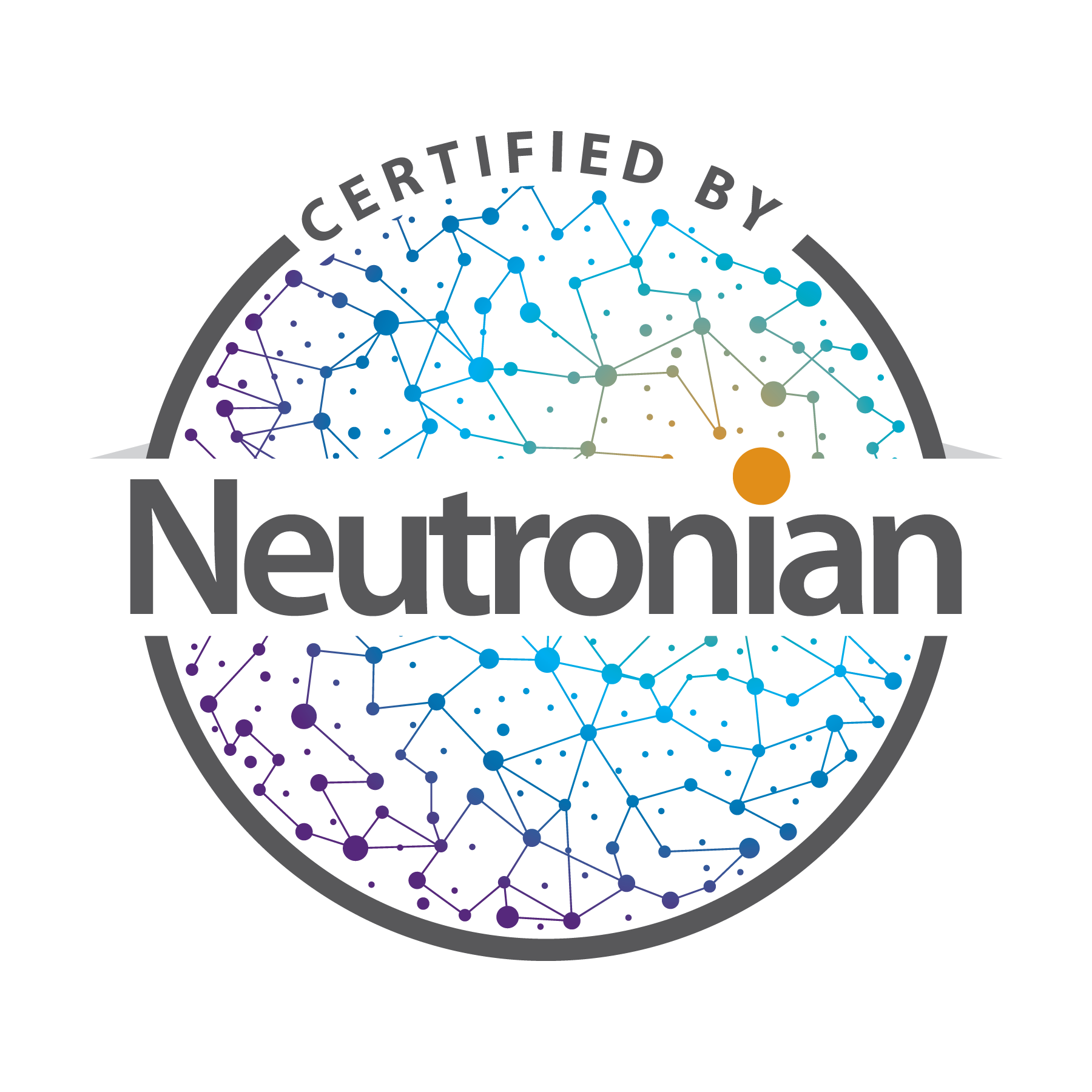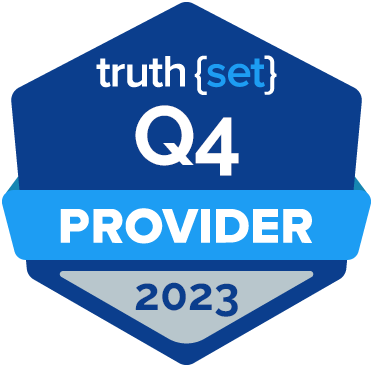
Modern marketers are no stranger to using modeling to help them understand, target, and extend their audiences. What modeling or analytics means to people though may differ by their company or which channel their team is focused on. Traditional direct marketers have leveraged customized predictive modeling for many years, while digitally focused teams have leaned largely on the out-of-the-box modeling tools within their DSPs, DMPs, CDPs and social platforms. Whichever camp you fall within, the growing need to harness 1st, 2nd and 3rd party data for competitive advantage means that more bespoke and forward-thinking solutions will be required for future success.
While hearing the term “modeling” or “analytics” may invoke thoughts of a data scientist developing algorithms in a quiet room somewhere, I promise you there is much more involved. As audience modeling becomes more customized, all business teams play a role in the development of successful solutions, even non-technical teams. This does not mean workflows have to be more complex or have too many cooks in the kitchen, but the best outcomes will be realized when all sides understand their role.
The Model Dev Teams
Below is a quick breakdown of the teams that influence the model development process and how they impact the outcomes. These groups may all be a part of one company, or represent a mix of in-house and external teams.
Data Integration
Integration specialists are the front line of a successful solution. They ensure that data flowing in from internal and external sources is transformed, cleansed and matched appropriately. Additionally, they can call out any potential issues with the data sets and provide useful metrics or reporting for all other teams. As consumers have fragmented across channels, data integration has become more complex, but when done accurately it creates powerful analytic data sets. The data integration team may also be responsible for rolling-up granular data into useful predictors. The accuracy of this aggregation, and the types of predictors created, can make or break a modeling project.
Data Analysts
Analysts are an extension of the data science and business teams, using their understanding of the business objective(s) to compile the best data for model development. They prepare the development samples, keeping an eye out for suspicious or insufficient counts, incomplete data, unexpected match rates, data recency, undefined dependent variables and more to ensure a successful build.
Compliance/Data Governance
Data Governance teams provide guidance on the types of data that is available for specific use cases. They are an essential partner to all teams, especially when building solutions that need to adhere to specific regulations such as FHA/FLA. Consulting with data governance teams early will provide assurance that the modeled solutions are compliant and applied ethically.
Account Teams/Strategists
Business teams communicate the objectives of the campaign or initiative and serve as a central point of contact between all teams. The more they share about the target audience, what has and hasn’t worked historically, current state of their business/marketplace and any other influencing factors will arm the analysts and data scientists with the knowledge they need to build the best solution. And if you are on one of these teams, know that you can also influence the data science team by sharing different ideas during consultations.
Data Science/Analytics
Ultimately the team that builds the models. Quality data scientists seek out opportunities to speak with all teams to understand the data, the product/offer, objectives, campaign creative and success metrics. Along the way they will provide transparent details about their approach, identifying areas that require additional attention, and recommend the best path forward. This consultative approach reinforces cross-team ownership, ensuring the strongest possible solution that aligns with the goals outlined upfront. The data will lead the way, but if a data scientist does not factor in all other team inputs, there will be missed opportunities.
Campaign Managers/Media Buyers
The teams activating the data assess performance in the real-world. They are a critical piece of the feedback loop that influences future model iterations. They can provide a different perspective on where things worked/didn’t work, and call out other interesting factors that may have influenced performance.
As you can see, modeling is more than just a data scientist manipulating data they are provided. If you are someone who interfaces with analytic teams, hopefully this provides you a different perspective on your role in the process. Remember, teamwork makes the dream work!
Interested in learning more about Alliant’s consultative model development process? Reach out to us and we’ll be in touch!

















Submit a Comment